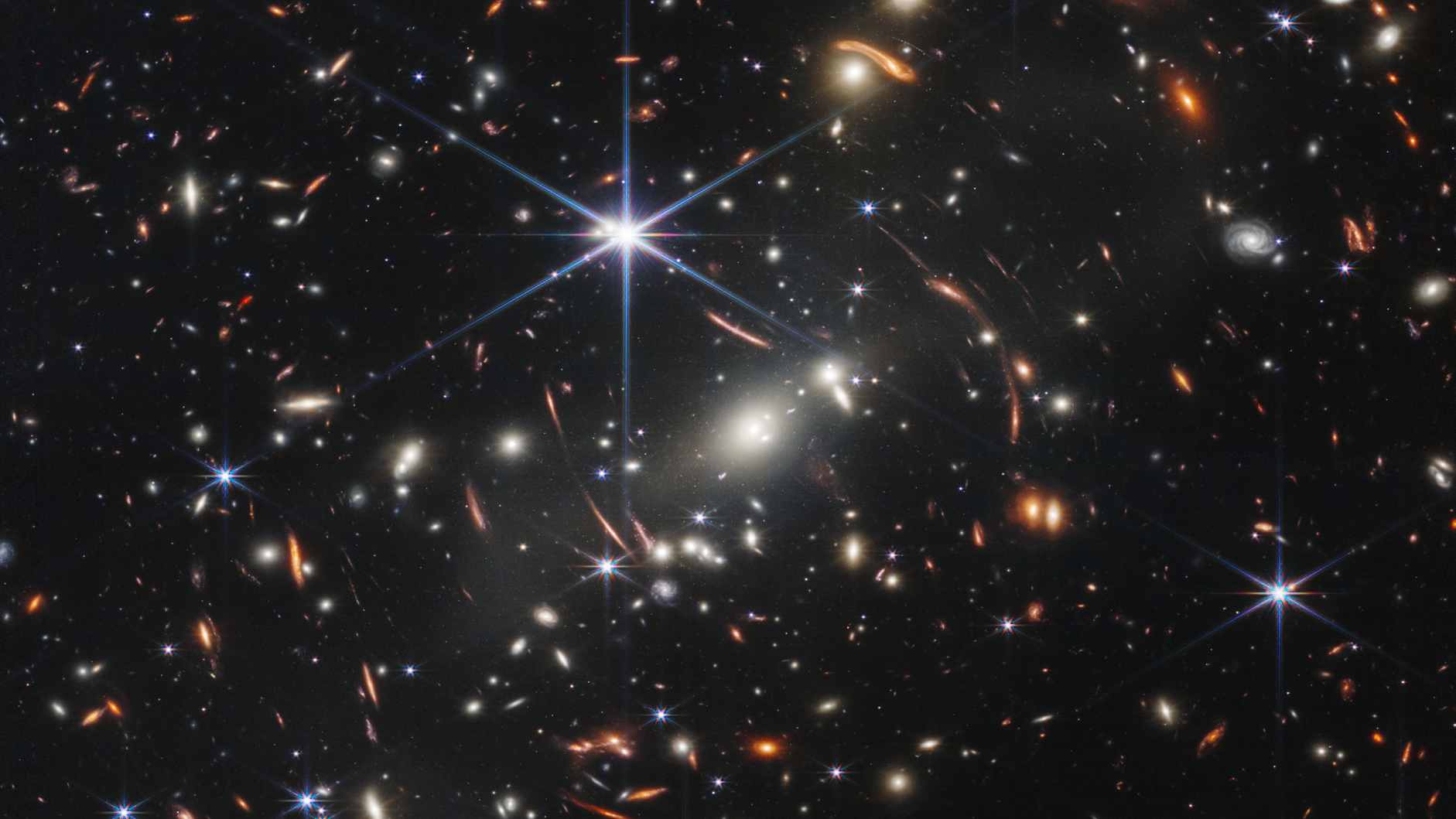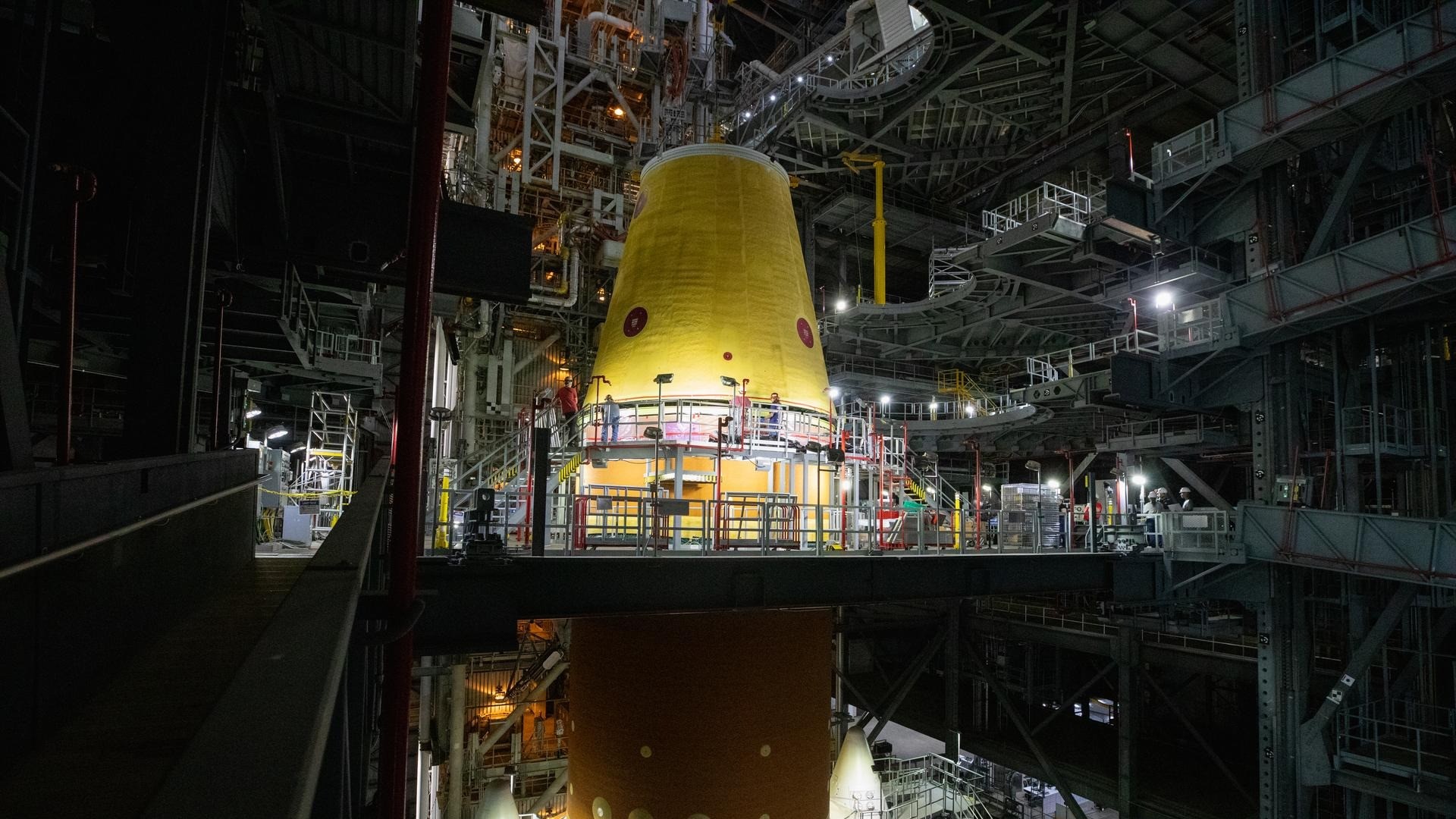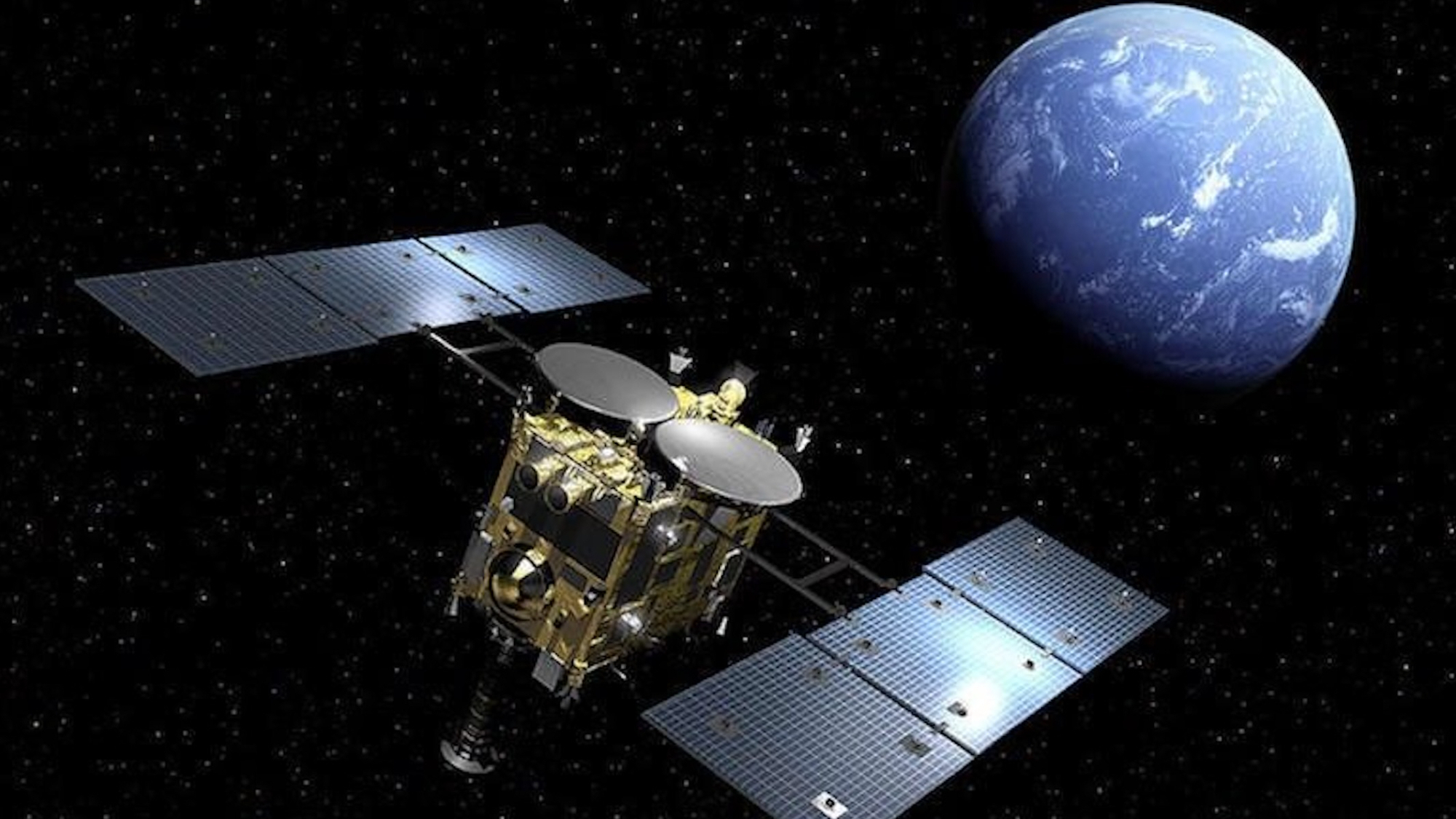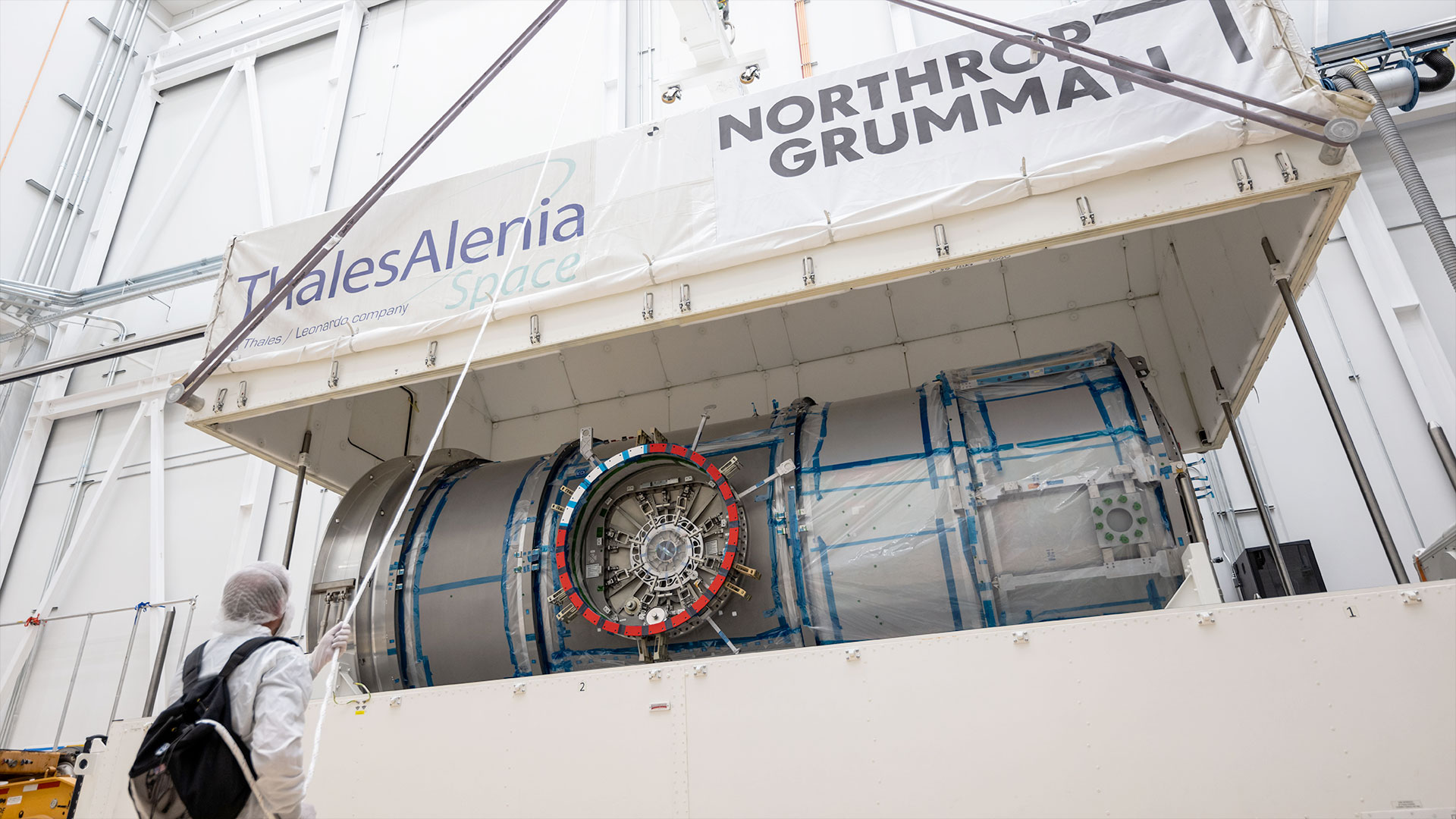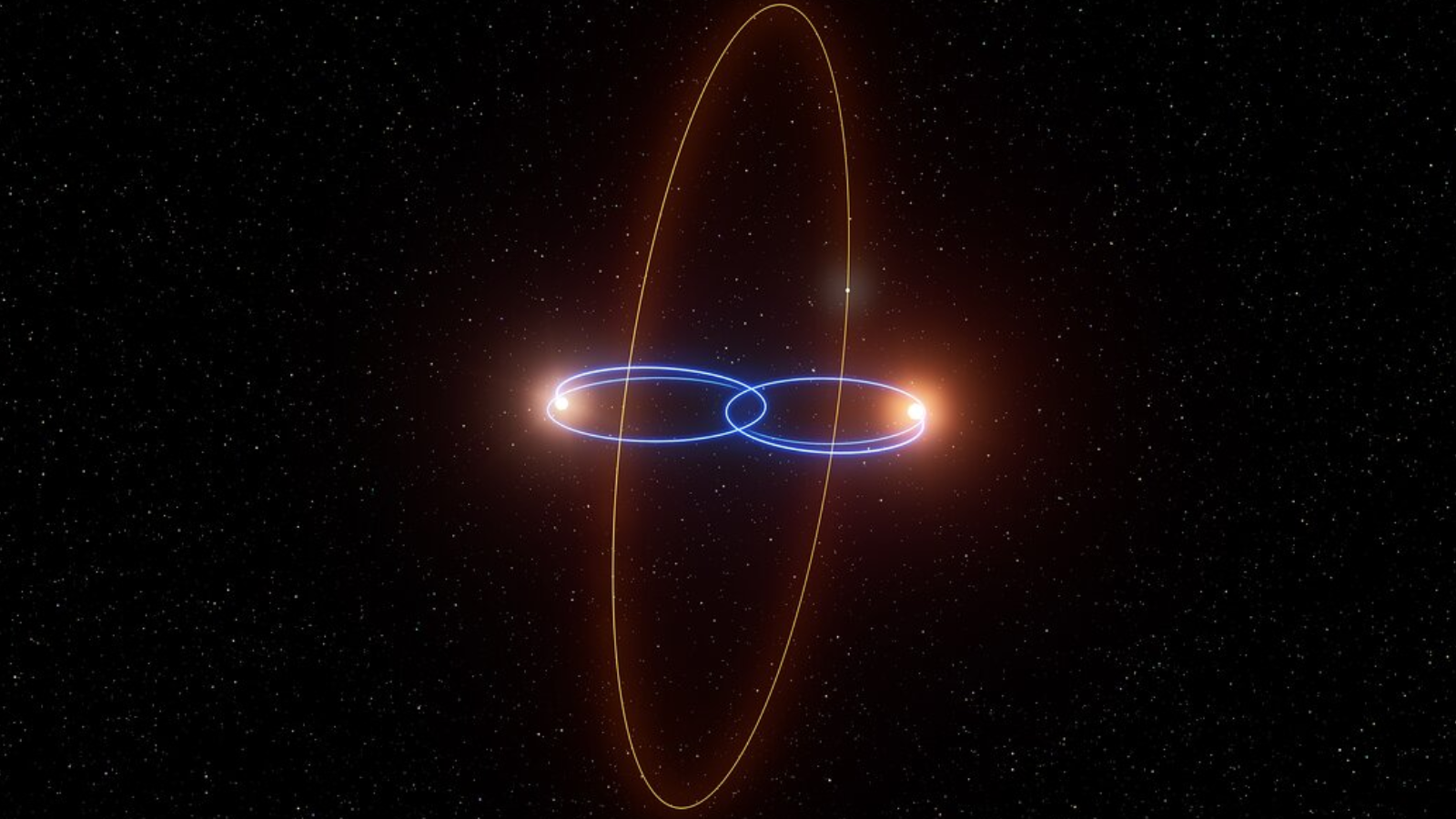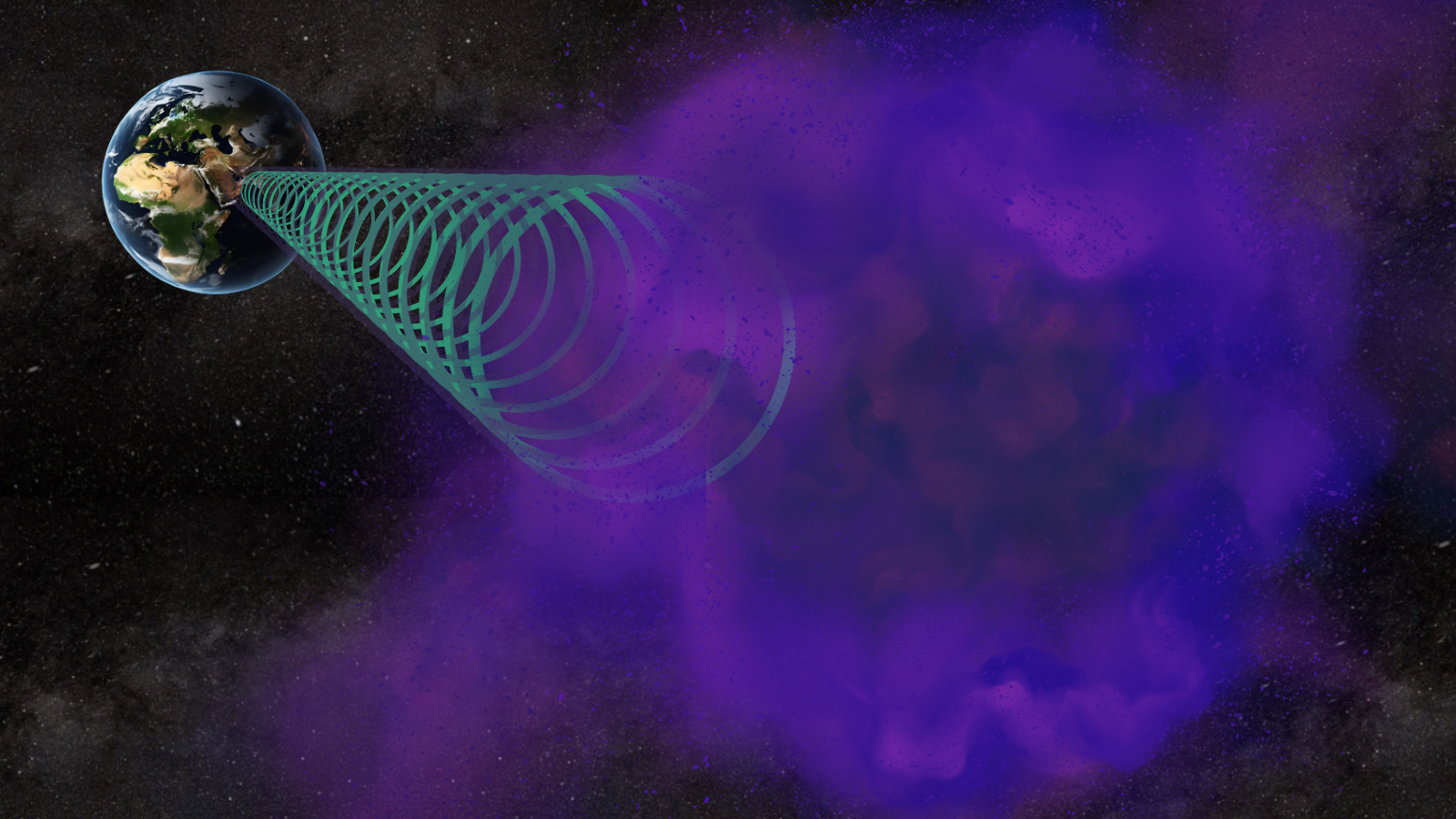Russia will launch a new science lab to the International Space Station Wednesday. Here's how to watch.
Launch is scheduled for 10:58 am ET!
Editor's note: NASA's webcast will begin at 10:30 a.m. EDT (1430 GMT). You can also watch Roscosmos' webcast in Russian here.
Russia is launching its Nauka science module, which includes a new European robotic arm, to the International Space Station on Wednesday (July 21).
The new module will launch from Site 200 of the Baikonur Cosmodrome in Kazakhstan atop a Proton-M carrier rocket with liftoff scheduled for 10:58 a.m. EDT (1458 GMT). NASA will broadcast the launch live on NASA TV beginning at 10:30 a.m. EDT (1430 GMT), you can also watch live on this page courtesy of the agency and Roscosmos.
After launch, the module will spend eight days traveling to the space station, after which the module will dock at the nadir port of Russia's Zvezda service module. Nauka will replace the Pirs module, which has been operating in space for two decades. Assuming the Nauka launch goes smoothly, Pirs will detach from the station on Friday (July 23) to burn up in Earth's atmosphere.
Related: The International Space Station inside and out (infographic)
Nauka, which is formally known as the Russian Multipurpose Laboratory Module, is a research module designed to expand the Russian segment of the International Space Station, which is also referred to as the ISS.
"The Nauka module was created on the constructive and technological basis of the Zarya Functional Cargo Block employing the experience of designing a transport supply vehicle for the Salyut crewed scientific stations and modules for retrofitting the Mir orbital complex," the Russian space agency Roscosmos said in a statement.
Get the Space.com Newsletter
Breaking space news, the latest updates on rocket launches, skywatching events and more!
"After the commissioning of the new module, the Russian segment will receive additional volumes for the workplaces and storage of cargo, places for water and oxygen regeneration equipment, improve the conditions of cosmonauts' stay, as well as increase the safety of the entire ISS crew."
The European Robotic Arm (ERA) will also launch to the ISS with Nauka and will work with the new Russian airlock to transfer small payloads from inside the ISS to the station's exterior, complementing the work of Canadarm2 on the U.S. side of the station.
Follow us on Twitter @Spacedotcom and on Facebook.
Join our Space Forums to keep talking space on the latest missions, night sky and more! And if you have a news tip, correction or comment, let us know at: community@space.com.

STAFF WRITER, E-commerce — Alex joined Space.com in June 2021 as staff writer covering space news, games, tech, toys and deals. Based in London, U.K. Graduating in June 2020, Alex studied Sports Journalism in the North East of England at Sunderland University. During his studies and since his graduation, Alex has been featured in local newspapers and online publications covering a range of sports from university rugby to Premier League soccer. In addition to a background in sports and journalism, Alex has a life-long love of Star Wars which started with watching the prequel trilogy and collecting toy lightsabers, he also grew up spending most Saturday evenings watching Doctor Who.
